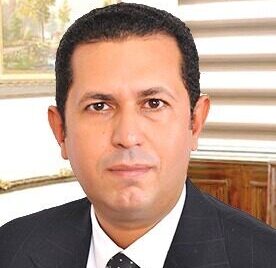Human investment is important, regardless of cost and how much time passes to yield results. Indeed, education is the highest form of investment in people.
The continual training and upgrading of human resources are core investments, starting with primary education for the transfer of knowledge, culture and the arts.
The latest government education strategy embodies several initiatives to improve curricula and the school environment, to modernise teaching methods and expand online learning. This will entail further training for teachers and head teachers, and increasing teaching staff.
President Abdel Fattah El Sisi, who firmly believes that building future generations armed with learning is the future of this nation, recently met with Minister of Education Reda Hegazy and Prime Minister Moustafa Madbouli to review ministry plans. The president stressed the importance of improving the basic education system, expanding technical education, and spreading social awareness about the importance of the latter in meeting the needs of the labour market. Qualified in communication and information technology, graduates will be able to contribute to sustainable development.
These goals dovetail with government plans to invest in education as a means to build the Egyptian character at the pre-university stage and prepare future generations in scientific and cultural pursuits and enable them to take part in this nation’s development.
The future starts at school. The government has established new schools nationwide in addition to 20 International Public Schools (IPS) and the Nile Schools. The government is also planning to open more Egyptian-Japanese schools in accordance with Japanese accreditation standards with a view to the best investment in human resources and qualify graduates from these schools to work locally and abroad in a variety of occupations.
The House of Representatives approved the presidential degree 631/2022 regarding the sixth amendment to the grant agreement between Egypt and the US on basic education (second phase). The sixth amendment stipulates a further grant of $5.7 million from the US Agency for International Development (USAID), bringing total spending to $131,610 million. The agreement covers continuing activities of basic education and improving reading, mathematical and language skills for primary pupils. It also seeks to equip secondary pupils with the skills that will enable them to solve problems of mathematics and sciences in daily life.
Mohamed Fahmy is the editor-in-chief of The Egyptian Gazette and the Egyptian Mail newspapers






Discussion about this post